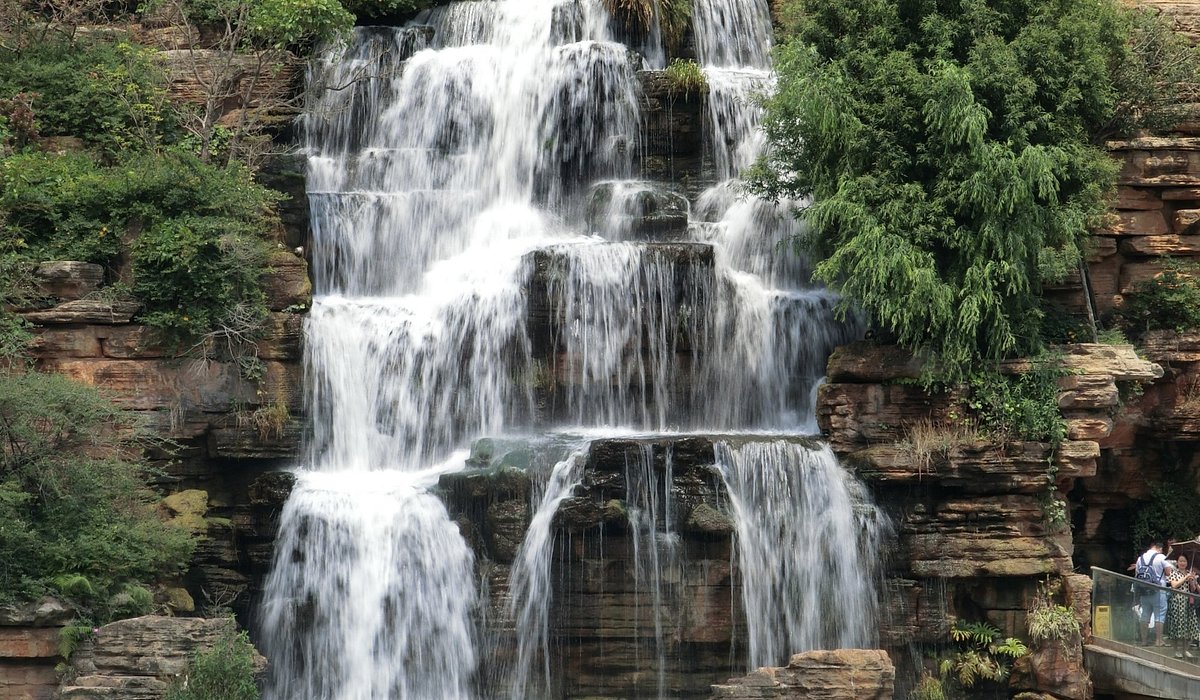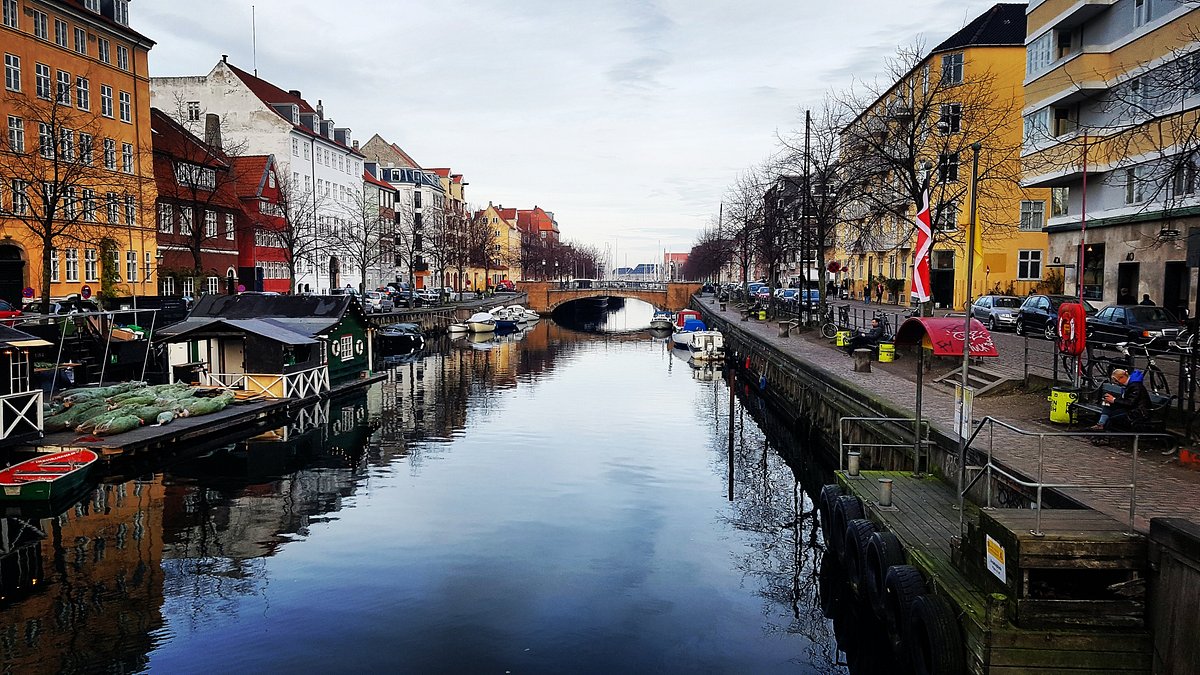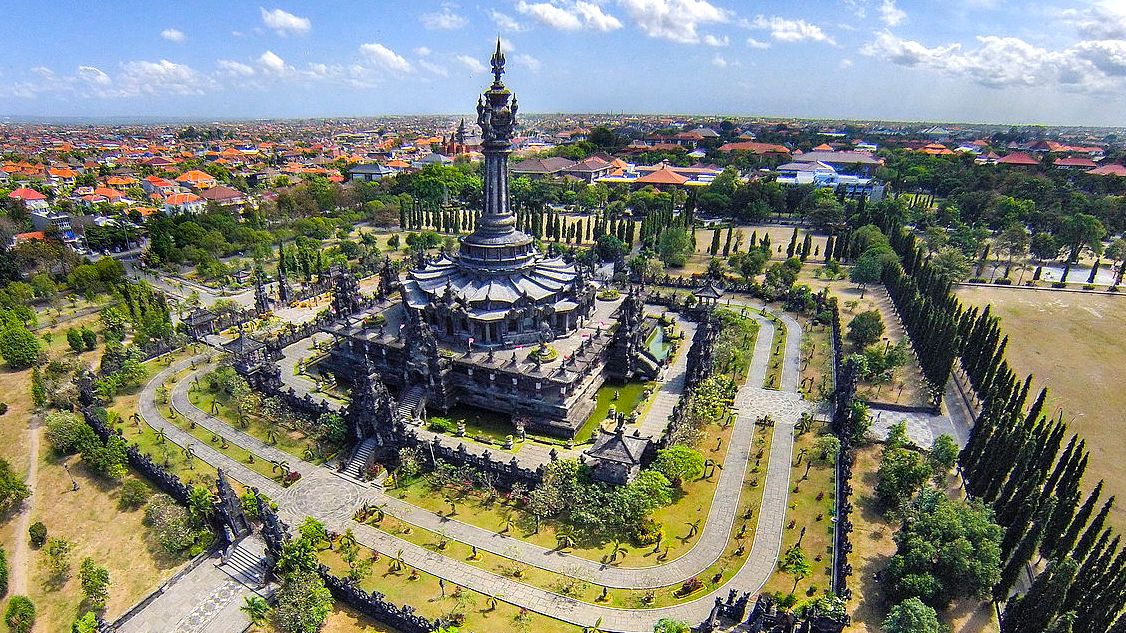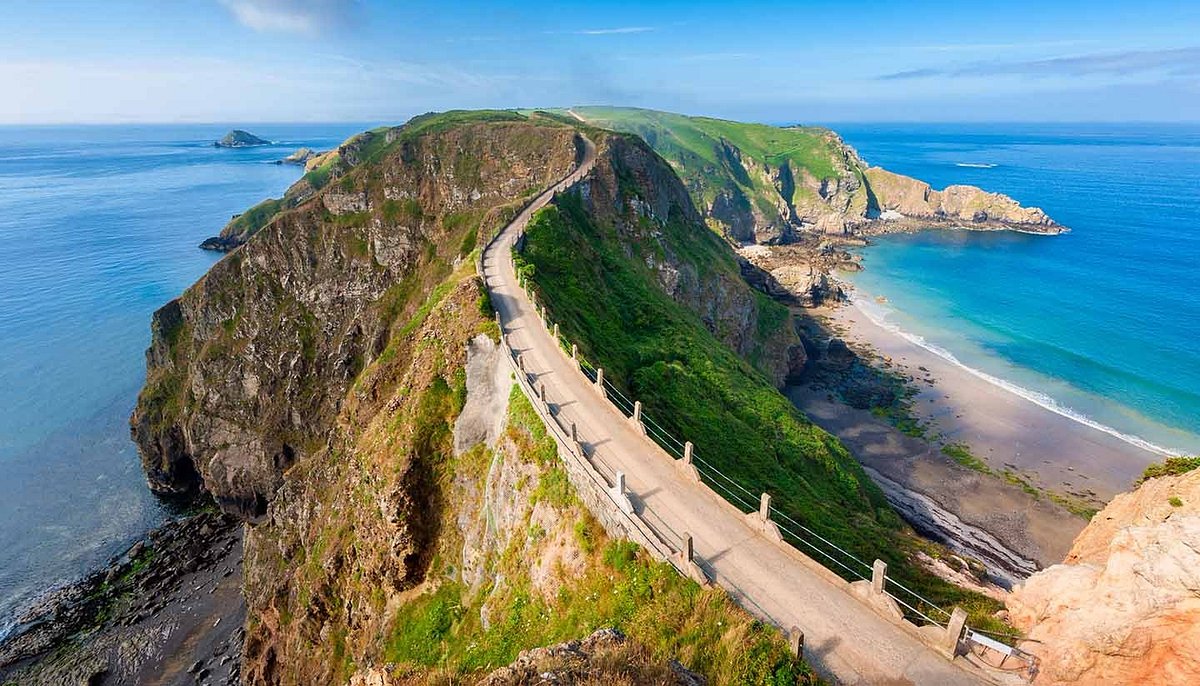Akasa Air has teamed up with Mumbai based luggage brand Uppercase to roll out exclusive, fully made in India, eco friendly cabin gear for its crew. The new line uses recycled, RCS certified materials, focuses on ergonomics, and is meant to last longer while shrinking the product’s carbon footprint. The partnership is part of a broader push by both companies to hard wire sustainability into everyday operations without sacrificing function or style.
What exactly launched
The gear set includes lightweight, hard wearing cabin bags engineered for quick turnarounds, smarter interior organization, reinforced wheels and handles for high cycle use, and easy repairability to extend product life. Uppercase says every component was chosen to reduce environmental impact, from recycled shells and linings to packaging that avoids virgin plastics.
Why Akasa Air cares
Akasa’s brand was built around small but meaningful choices like recycled rubber sneakers in its crew uniforms. Folding in planet friendly luggage for crew is a logical next step and an easy to see signal to customers that the airline treats sustainability as an operating principle, not a campaign. Akasa also continues to scale fast: founded in 2021 and flying commercially since August 2022, it now operates 30 aircraft to 28 destinations and is targeting one of the world’s largest narrow body backlogs with 226 aircraft planned over the next seven years.
People and money: the quick facts you asked for
- Vinay Dube, 58, is the founder and CEO of Akasa Air. He previously led Jet Airways and Go First, and has repeatedly said Akasa is well capitalized with a clear path to profitability. Family details are largely kept private, but he is the public face of the airline’s rapid growth plan which includes a goal to be among the 30 largest global airlines by fleet size by 2030.
- Uppercase founders’ combined net worth is around INR 166 crore (as of August 26, 2024), according to Tracxn. The company, founded by Sudip Ghose and team, raised 9 million dollars in Series B funding in 2024 at a 60 million dollar post money valuation, and reported FY24 revenue of about INR 62 to 64 crore with a net loss of INR 17.6 crore as it invests in scale and sustainability.
- Celebrity investor angle: Indian fast bowler Jasprit Bumrah is an equity investor in Uppercase, extending the brand’s reach and credibility with younger travelers. The stake size was not disclosed.
Why Uppercase is a clever pick
Uppercase is a D2C brand built around recycled plastics and traceable supply chains, which aligns with Akasa’s youthful positioning and its uniform level sustainability choices. The brand has also shown marketing ambition, even debuting at New York Fashion Week earlier this year to frame eco luggage as lifestyle, not compromise. That gives Akasa a partner that can keep product design fresh while meeting airline grade durability needs.
The sustainability specifics that matter
- RCS certified recycled materials
The Recycled Claim Standard audit trail means Akasa can credibly talk about recycled content percentages, not just say eco on the hang tag. - Longer life, lower waste
Crew bags face brutal usage. Designing for repair and parts replacement extends lifespan, cutting embodied emissions over time. - Made in India, shorter logistics chains
Local manufacturing trims transport emissions and supports domestic supply resilience, which airlines increasingly value.
Strategic upside for both sides
- For Akasa Air: Standardizing high quality, sustainable gear reduces replacement costs, boosts crew satisfaction, and becomes an easy storytelling layer for customers who care about responsible brands. It also sits neatly beside other green touches, like fuel efficient 737 MAX operations and recyclable uniform elements.
- For Uppercase: Supplying an airline’s crew places the products in front of millions of passengers every year. It is a walking case study that can accelerate enterprise sales, deepen product testing loops, and strengthen the brand’s pitch to investors as it eyes break even and a possible future listing.
Context: a fast growing airline meets a fast scaling D2C brand
Akasa claims it became India’s first carrier to launch international routes within 19 months of take off, and Vinay Dube has guided to 15 percent domestic market share within five to seven years. That kind of growth forces discipline on every operating line item, including ground equipment like cabin bags. Choosing a nimble, tech aware supplier that can tweak designs quickly is a smart hedge against growth pains.
Uppercase, meanwhile, is building out a sustainability first positioning in a cluttered luggage market. Partnering with one of the country’s youngest and buzziest airlines gives it proof that its recycled materials can handle extreme duty cycles, not just weekend getaways.
What to watch next
- Rollout to passenger products: Expect co branded, limited run passenger luggage or loyalty program tie ins. Crew gear is often the test bed.
- Deeper material innovation: Recycled is the first step. Bio based polymers, modular hardware, or take back programs could follow.
- More airline partners for Uppercase: If this works, other Indian and regional carriers could sign on, turning Uppercase into a B2B as well as D2C player.
Bottom line
Akasa Air and Uppercase are using something as everyday as a crew bag to show how sustainability can be practical, audited, and design forward. Vinay Dube, 58, is steering a still young airline that talks openly about scale and profitability. On the other side, Uppercase’s founders sit on an estimated INR 166 crore net worth and are betting that recycled, well engineered bags can win both consumers and enterprise contracts. If this collaboration delivers the durability crews need and the carbon cuts both brands want to claim, expect to see many more Indian travel companies move their behind the scenes gear to greener, homegrown suppliers.







